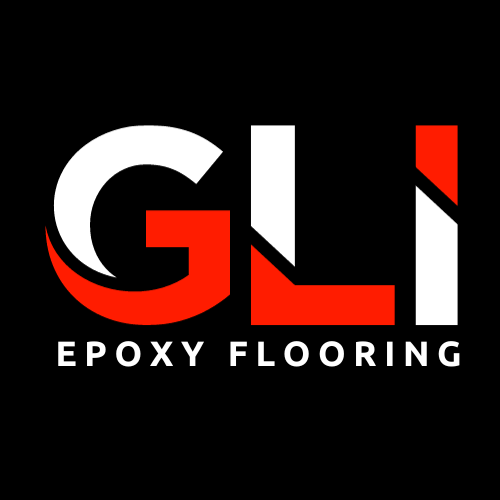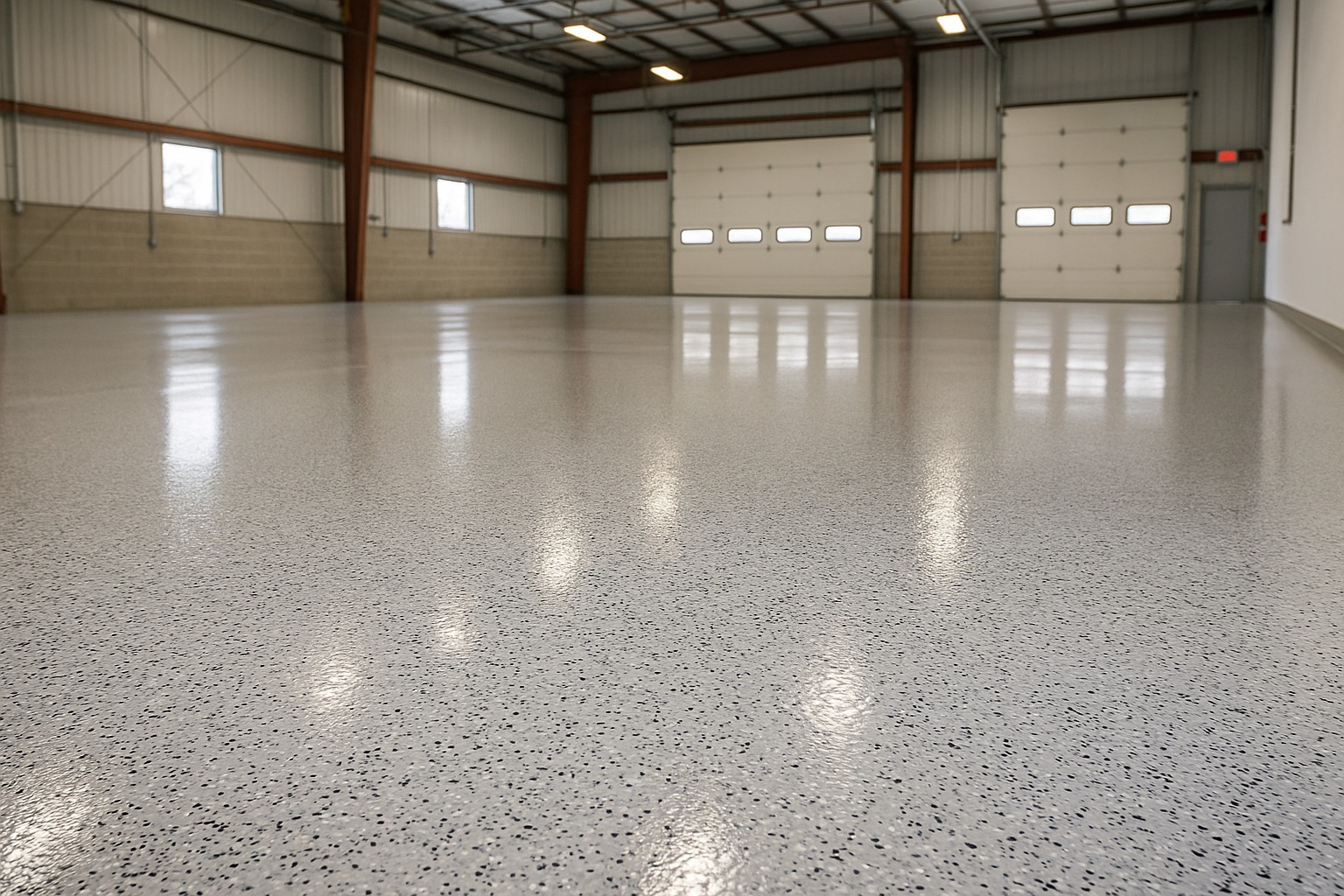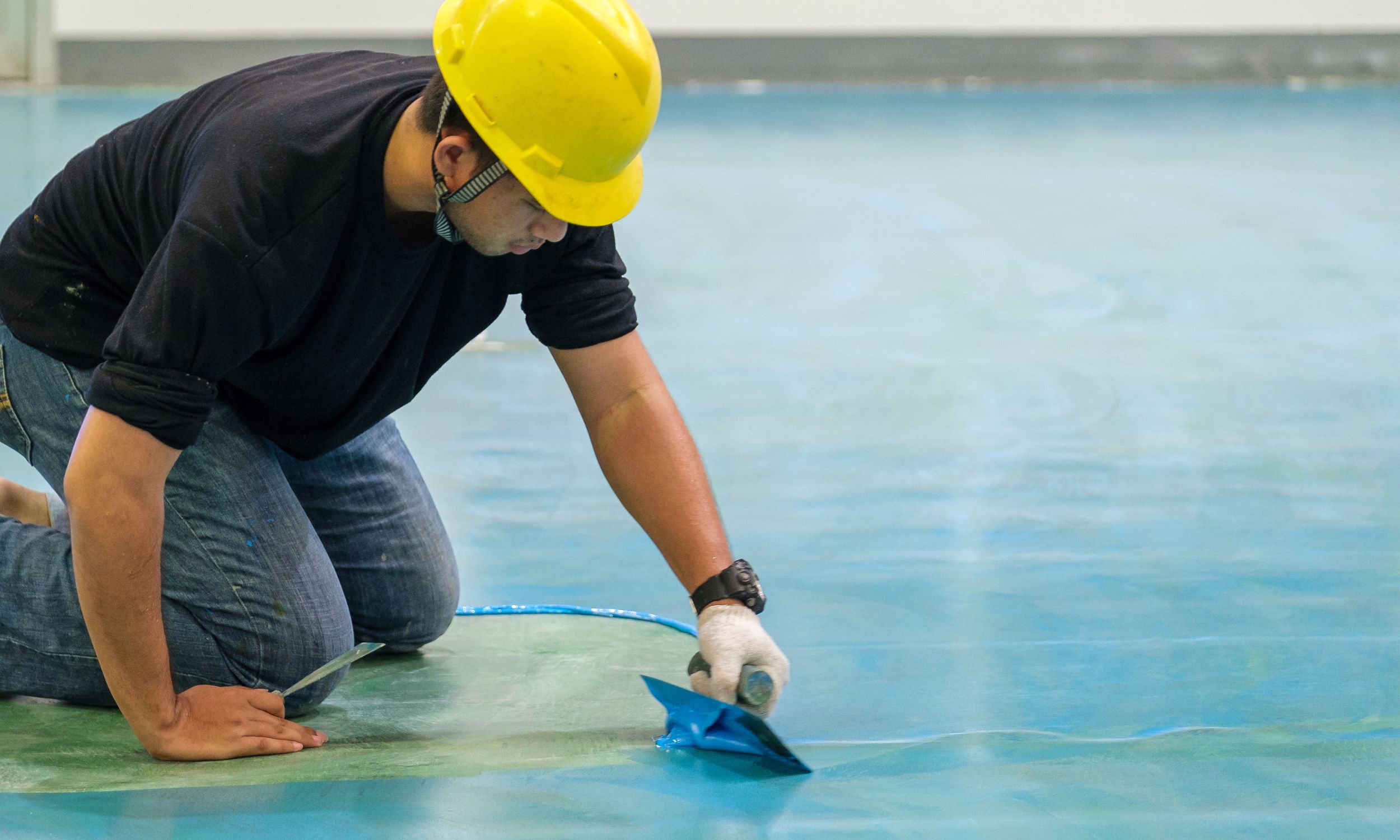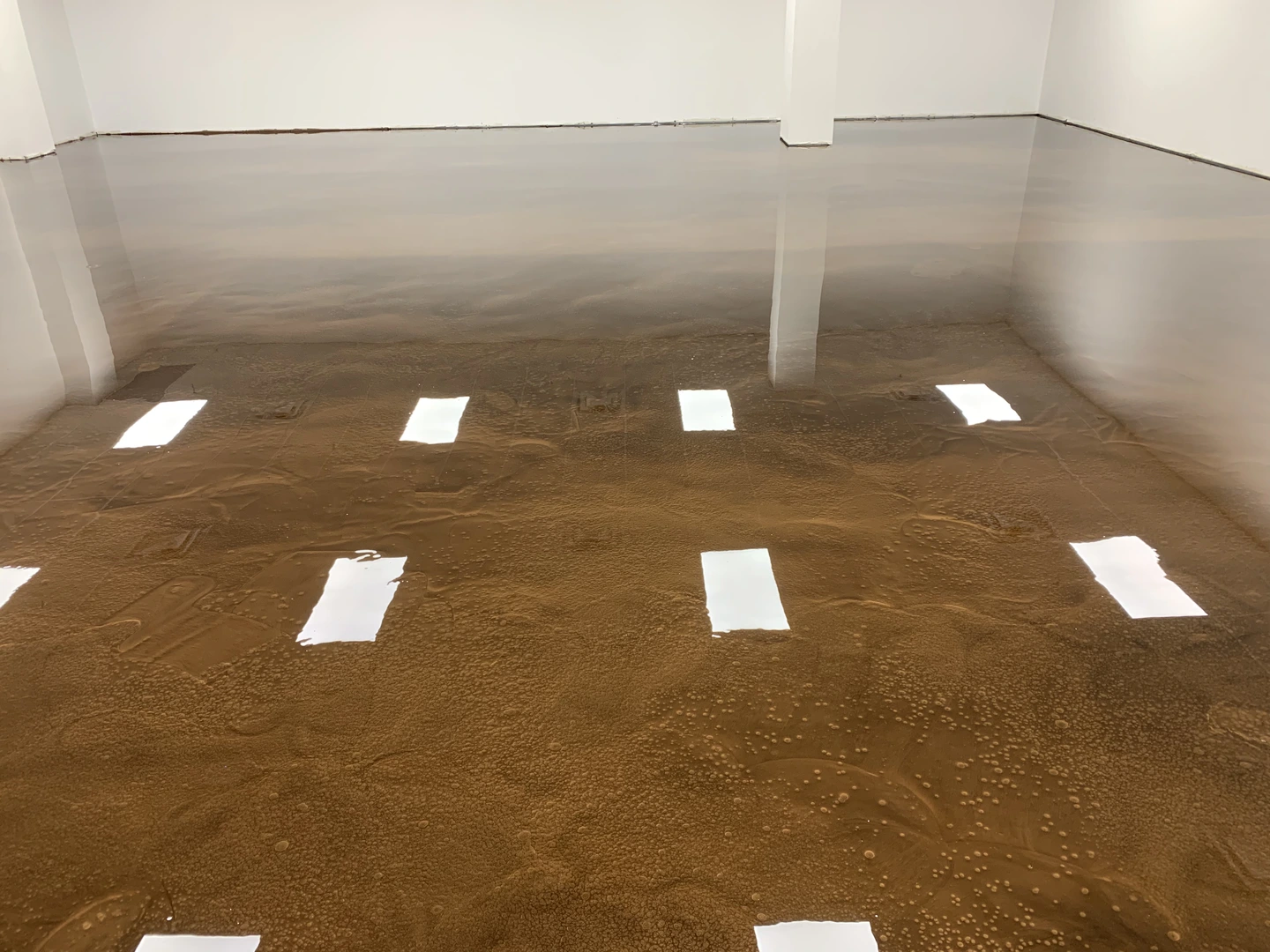Toronto’s climate is no easy test for any flooring material. From icy winters to humid summers, surfaces face constant wear. Epoxy flooring in Toronto is designed to handle these extremes, offering a seamless, non-porous layer that resists moisture, salt, and temperature swings year-round. In this guide, we’ll explore how epoxy performs in each season, why it works so well in our city, and what homeowners can expect over time.
In York University Heights, Village at York University, and Black Creek, epoxy has proven its resilience in garages, basements, and commercial spaces. It handles salt tracked in from Keele Street & Finch Avenue West, moisture from spring thaw near G Ross Lord Park, and summer heat without losing its finish.
We’ll look at real examples from local projects, discuss maintenance tips for every season, and share why epoxy is becoming the preferred choice for both residential and business spaces across Toronto’s northwest neighborhoods.
Understanding Toronto’s Seasonal Challenges
Epoxy flooring in Toronto must perform in a city with four distinct and demanding seasons. Each brings unique stressors that test durability, moisture resistance, and surface stability.
Winters bring snow, ice, and road salt, especially around busy crossings like Keele Street & Finch Avenue West. Spring increases indoor humidity, while summer heat can cause color fading in unprotected floors.
Fall adds grit, leaves, and dust from nearby green spaces like G Ross Lord Park and Downsview Park. A reliable floor needs to handle each condition without constant repairs.
How Epoxy Flooring Handles Toronto Winters
Epoxy flooring in Toronto stands up to snow, ice, and salt without losing its finish. The non-porous surface prevents water absorption, stopping cracks caused by freeze–thaw cycles.
In York University Heights and Village at York University, epoxy garage floors block salt damage from roads like Keele Street & Finch Avenue West. Spills and slush clean easily with a quick rinse.
Winter advantages of epoxy flooring:
- Salt resistance to prevent staining
- Slip resistance for safety in icy conditions
- Low maintenance even in high-traffic garages and workshops
Moisture Control During Spring Thaw
Epoxy flooring in Toronto is an effective defense against springtime moisture. Its sealed surface prevents water from seeping into concrete, stopping mold and mildew growth.
Homes near G Ross Lord Park and Black Creek benefit from epoxy’s moisture resistance, especially in basements and entryways where runoff can collect.
Spring performance benefits:
- Blocks moisture during thaw and rain
- Protects residential epoxy flooring from warping or swelling
- Easy cleaning of mud and debris brought in from outside
Staying Cool and Color-Stable in Toronto’s Summer Heat
Epoxy flooring in Toronto holds its finish even during hot summer days. The coating resists softening and prevents surface bubbles caused by high temperatures.
Garages and patios in Bathurst Manor and York University Heights benefit from UV-resistant topcoats that stop fading in sunny spots near Downsview Park.
Summer performance highlights:
- UV protection for color stability
- Maintains strength in direct sunlight
- Ideal for epoxy garage floors in Toronto and outdoor spaces
Low-Maintenance Flooring for Fall Debris in Toronto
Epoxy flooring in Toronto makes seasonal cleaning simple. Its smooth surface allows leaves, dust, and grit to be swept or vacuumed away in minutes.
In neighborhoods near The Village at Black Creek and G Ross Lord Park, epoxy floors reduce the mess from outdoor debris tracked indoors during autumn.
Fall season advantages:
- Resists scratches from grit and dirt
- Quick cleaning for busy households
- Keeps residential epoxy flooring looking polished year-round
Why Epoxy Flooring Works Year-Round in Toronto
Epoxy flooring in Toronto delivers reliable performance no matter the season. Unlike other flooring types that warp or crack with weather changes, epoxy’s chemical bond keeps it stable year-round.
In York University Heights and nearby Bathurst Manor, garages, basements, and retail spaces near Yorkgate Mall stay functional and attractive through snow, rain, heat, and dust.
Why it’s perfect for all seasons:
- Thermal stability – No expansion or contraction issues.
- Moisture resistance – Prevents dampness in spring and fall.
- UV protection – Keeps colors vibrant during summer heat.
- Impact resistance – Handles dropped tools, furniture, and heavy traffic.
Caring for Epoxy Flooring in All Seasons
Maintaining epoxy floors in York University Heights is simple with the right routine. The goal is to prevent buildup of debris and contaminants that can dull the finish over time.
Seasonal care schedule:
- Winter: Sweep often and rinse away salt from roads like Keele Street & Finch Avenue West.
- Spring: Mop with pH-neutral cleaner to remove mud and pollen.
- Summer: Use soft brooms to clear dust tracked in from Downsview Park.
- Fall: Vacuum up leaves and grit from nearby G Ross Lord Park.
Pro tips for longer life:
- Avoid abrasive pads or harsh chemicals like bleach.
- Place mats at entry points to catch dirt before it reaches the floor.
- Wipe up spills immediately to maintain a spotless appearance.
Conclusion – Epoxy Flooring: Built for Toronto Weather
Toronto’s climate can be unforgiving, but epoxy flooring has proven it can handle the challenge. From salt-covered winters to humid summers, it stays strong and stylish without constant repairs.
In York University Heights, projects near York University Keele Campus and the Village at Black Creek show epoxy’s ability to protect, beautify, and add value to any property.
Key takeaway: If you want a floor that works 12 months a year, needs minimal upkeep, and still looks modern, epoxy flooring is one of the smartest investments for homes and businesses in Toronto’s northwest neighborhoods.
GLI Epoxy Flooring Serving the York University Heights Community and Beyond in Toronto
GLI Epoxy Flooring is dedicated to serving the diverse needs of the local community of Toronto, including individuals residing in neighborhoods like York University Heights, Village at York University, Black Creek, and Glenfield-Jane Heights. With its convenient location near landmarks such as York University Keele Campus and major intersections like Keele Street & Finch Avenue West and Dufferin Street & Finch Avenue West (coordinates: 43.765437, -79.4918), we offer epoxy flooring Toronto services.
Business Hours
Monday 8 am–5 pm
Tuesday 8 am–5 pm
Wednesday 8 am–5 pm
Thursday 8 am–5 pm
Friday 8 am–5 pm
Saturday Closed
Sunday Closed
FAQs – Epoxy Flooring in Toronto
Q1: Is epoxy flooring suitable for Toronto’s winter conditions?
A1: Yes. Epoxy flooring in Toronto is designed to handle snow, ice, and road salt without damage. Its non-porous surface prevents moisture from penetrating and causing cracks.
Q2: How long does epoxy flooring last in York University Heights homes?
A2: With proper care, residential epoxy flooring can last 15–20 years. Regular sweeping and gentle cleaning products help maintain its appearance.
Q3: Can epoxy flooring be installed in basements near Black Creek?
A3: Absolutely. Epoxy’s moisture resistance makes it ideal for basements in areas like Black Creek and Village at York University, where spring runoff can be an issue.
Q4: How do epoxy garage floors handle salt from Keele & Finch?
A4: Epoxy garage floors in Toronto resist staining and surface damage from salt. A quick rinse removes buildup, keeping the surface looking new.
Q5: What design options are available for epoxy flooring?
A5: Options include solid colors, decorative flakes, metallic finishes, and even custom logos. Many homes near Downsview Park choose UV-protected metallic styles.
Q6: Is epoxy flooring safe for homes with pets and kids?
A6: Yes. Epoxy is easy to clean, slip-resistant when textured, and free of harmful VOCs once cured, making it safe for families in York University Heights.
Q7: How much does epoxy flooring cost in Toronto?
A7: Pricing depends on size, design, and surface prep. On average, professional installation ranges from $3 to $12 per sq. ft. in areas like Bathurst Manor and Glenfield-Jane Heights.




